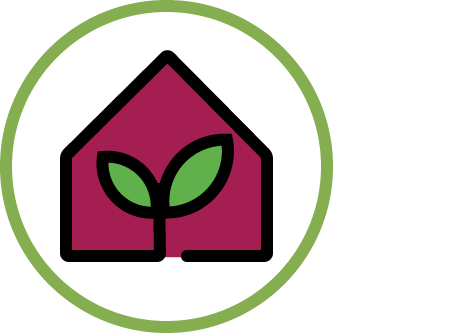Academic honesty is one of the most important concepts to understand in U.S. academic culture since even innocent violations can have serious and life-altering effects on your academic career. Whether you were rushing to meet a deadline and forgot, or you just did not know because it’s handled differently in your culture— no matter the excuse —it is still considered a serious violation and will be treated as such. The consequences can range from being given a failing grade on a paper, exam, or course, to being suspended from the University, or worse yet, you could be asked to leave permanently. Additionally, in most all cases, the violation is permanently reflected in one’s academic record.
Suffolk, like other educational institutions in the U.S., has a strict zero-tolerance policy for infractions in the academic honesty code. Cheating or plagiarism of any sort is never tolerated. Cheating is when you have someone else write your papers, or take-home exams, or you get answers from others during exams. Plagiarism is submitting other people’s work as your own.
Universities operate on the honor system, which makes trust a fundamental element of a U.S. education. Take-home exams provide a good example of this. For some international students, it may seem quite strange that a professor would give her students an exam to take home, complete and return to class at a later time. But that is exactly what it is – an exam that you will, on your honor, complete at home. It is expected that your answers will reflect your understanding and work, and yours alone. A take-home exam is not to be shared with, or borrowed from another student, and is considered as being at the same level of seriousness as an in-class exam. Remember too that aiding dishonesty by supplying answers for an exam is considered just as serious as obtaining them.
Suffolk University Academic Misconduct Policy




 Make new friends, learn about a new culture and have some fun. By facilitating meaningful conversations and through shared experiences on and off campus, Suffolk’s Home Away From Home program fosters supportive relationships and cultural exchange between international and domestic students.
Make new friends, learn about a new culture and have some fun. By facilitating meaningful conversations and through shared experiences on and off campus, Suffolk’s Home Away From Home program fosters supportive relationships and cultural exchange between international and domestic students.